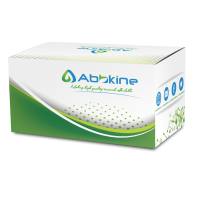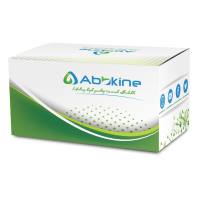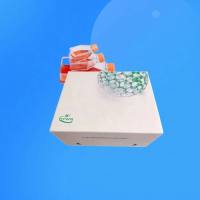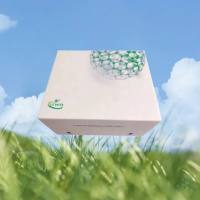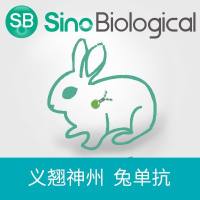Toll-Like Receptor-Dependent Immune Complex Activation of B Cells and Dendritic Cells
互联网
579
High titers of autoantibodies reactive with DNA/RNA molecular complexes are characteristic of autoimmune disorders such as systemic lupus erythematosus (SLE). In vitro and in vivo studies have implicated Toll-like receptor 9 (TLR9) and Toll-like receptor 7 (TLR7) in the activation of the corresponding autoantibody producing B cells. Importantly, TLR9/TLR7-deficiency results in the inability of autoreactive B cells to proliferate in response to DNA/RNA-associated autoantigens in vitro, and in marked changes in the autoantibody repertoire of autoimmune-prone mice. Uptake of DNA/RNA-associated autoantigen immune complexes (ICs) also leads to activation of dendritic cells (DCs) through TLR9 and TLR7.
The initial studies from our lab involved ICs formed by a mixture of autoantibodies and cell debris released from dying cells in culture. To better understand the nature of the mammalian ligands that can effectively activate TLR7 and TLR9, we have developed a methodology for preparing ICs containing defined DNA fragments that recapitulate the immunostimulatory activity of the previous “black box” ICs. These reagents reveal an important role for nucleic acid sequence, even when the ligand is mammalian DNA.


